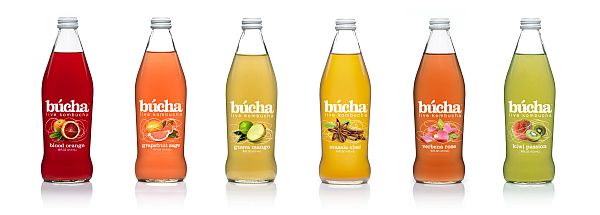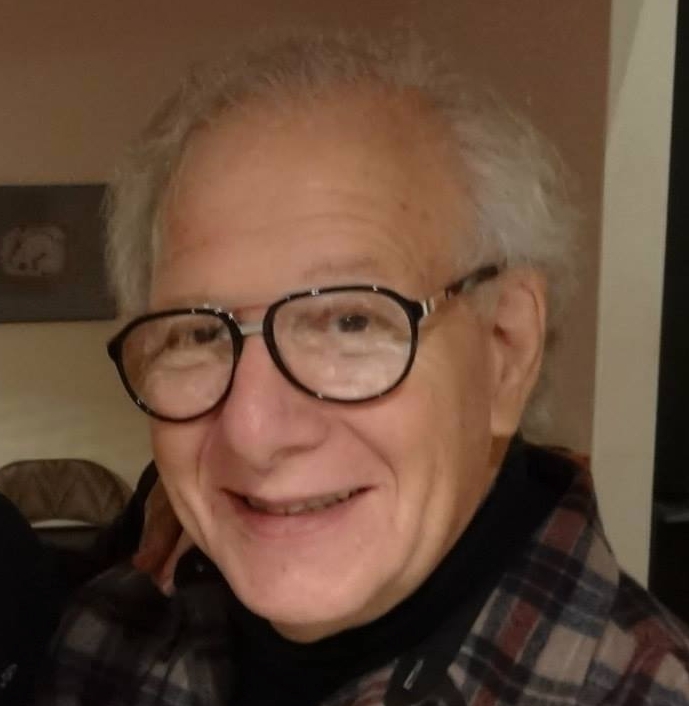The simple answer is NO. Same excitement, same communal spirit, same partner advantages and gripes. In my case, we even had a food scientist who could easily have been a lead programmer or architect in a different setting. Same personality characteristics.
I guess this shouldn’t be surprising. People, after all, are still people. All startup founders I’ve known work long and hard. The early days are like a honeymoon – everyone is still getting to know each other, and everyone is amazed at how much they love working with their partners. But even at the beginning, if you’re watching you can just make out seeds being planted and germinating. I’ve always said that people eventually become caricatures of themselves, and this is especially true in startups. Those seeds become BIG weeds.
Which aspects are similar? Start at the beginning: you have a dream. You play around with it for a while. Test the edges of the amoeba to see what shape it is. You come to believe that you can succeed where so many have failed; that this partnership is different from the others you’ve known. So you start bringing all the ideas together, typically in a business plan. That tends to get everyone focused on the same goals. So far, the high-tech and CPG (consumer packaged goods) companies could be twins.
Typically, you then start working on infrastructure: phones, file sharing, a bookkeeping solution, computers for everyone, etc. If you’re still self-financed, which is pretty typical, you have to do all these things without spending much money. In my case, I set us all up on DropBox for file sharing. Then I signed up for a phone system – RingCentral.com – and got us all office phones. At this stage, everyone can (and was) working from home. The financial investment for all of this was trivial – even for the “professional” phone (PBX) system. And yes, the high-tech and CPG companies are still pretty parallel.
At this point, you’ll start to go your own paths – how you build the product, and how you distribute it. I found that the natural foods distribution channels were familiar – surely different from when I saw in packaged software, but the concepts were about the same.
The two roads converged again: depending on your financing strategy (and luck), you may now be at a point where you can pay your employees. So you have to find a payroll solution (really, you don’t want to do this yourself). Plus, if your product is close to its launch, you’re going to have to think about the various forms of insurance you need – and this is surprisingly non-trivial. In our startup, we chose to use Paychex to do payroll and tax reporting. In the past I used Gevity (now TriNet), which was a virtual HR service (technically, a Professional Employment Organization – PEO). The advantage of a PEO is that all employees are leased from the PEO. While you handle all hiring/firing, etc., the paychecks say TriNet, not your company name. You may be able to get better health insurance coverage this way, and you’ll have access to the HR functions you wouldn’t have without a dedicated HR person. And a side-benefit: if you go out of business, you and your employees will still qualify for COBRA (which would otherwise cease with the termination of the company).
Let’s talk about the founders: are high-tech founders different from our CPG founders? I think not. You still have dreamers, and startups still tend to be created by ADD, or worse Asperger’s, individuals. Both types of startups need somebody like me, who can corral the dreams into a plan, keep focus going, and actually ship the dream that has become a real product.
So my answer is that, while the bill of materials was a lot different, the basics of a high-tech company and a CPG company are pretty similar. I never felt out of place during the creation of our company and product. It was far easier for me to move from one startup to another than it was for some of my partners who came from big, resource-rich companies to this little company that had very shallow pockets.
And for me, it was still home. I thrive in the chaos of a startup. It seems that I was born with the ability to wade through all the (sometimes conflicting) goals, data, dreams, etc. and come up with a clear plan with defined executables and metrics.



Great insight and comparison. Draws a strong, appropriate line of similarity between enterprises that high-tech fans refuse to believe are similar.
Thanks for the comment Tom. Very true – one of the reasons I wrote this post.